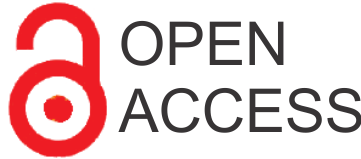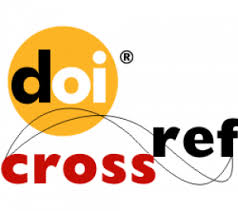E3 Journal of Agricultural Research and Development
E3 Journal of Agricultural Research and Development Vol. 2 (1) pp. 037-043, March 2012; © E3 Journals; ISSN 2276-9897
Palm oil marketing and distribution pattern in Imo state, Nigeria: An application of linear programming model.
Nwauwa Linus Onyeka Ezealaji *Department of Agricultural Economics, University of Ibadan, Ibadan, Nigeria
*Corresponding Author E-mail: linusezealaji@yahoo.com
Accepted 18 January 2012
Abstract
The major objective of the study is to determine the optimal pattern of palm oil shipment that minimizes total cost of transportation in Imo state of Nigeria. Data for the study were collected by the use of questionnaire from distributors/marketers of palm oil product in the study area. These data were analysed using linear programming model to determine the optimal pattern of palm oil marketing/ distribution from the supply regions (origins) to the demand regions (destinations).The findings showed that minimized objective of the overall transportation cost of shipping the commodity to the recommended routes was only ₦473,458 against ₦576,628 actual total transportation cost. The patterns of palm oil shipment that minimized total cost of transportation recommended by the programme were Orlu-Lagos, Owerri-Abuja and Owerri-Lagos. These routes and quantities of palm oil shipped were found to minimize the total cost of transportation over the period the study was carried out. The research therefore concluded that it is more advisable for palm oil distributors and would-be marketers in the study area to adopt these routes when moving their commodity from the origins to the destinations with a view to making more profit and to be more economically efficient in their distribution pattern. On the basis of the findings, the study therefore suggested that government should provide a conducive environment for the distribution of commodities across the regions by developing cost saving and faster means of transportation systems such as rail and water to enhance movement at lower cost and reducing on-transit spoilage.
Keywords: Marketing, Palm oil, Storage, minimization and Linear Programming and Nigeria
[Download Article - PDF]




